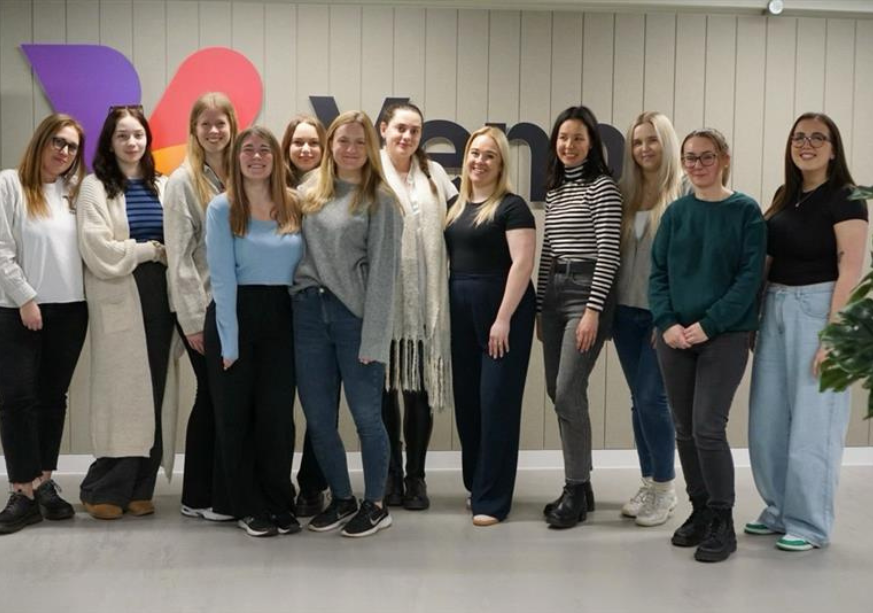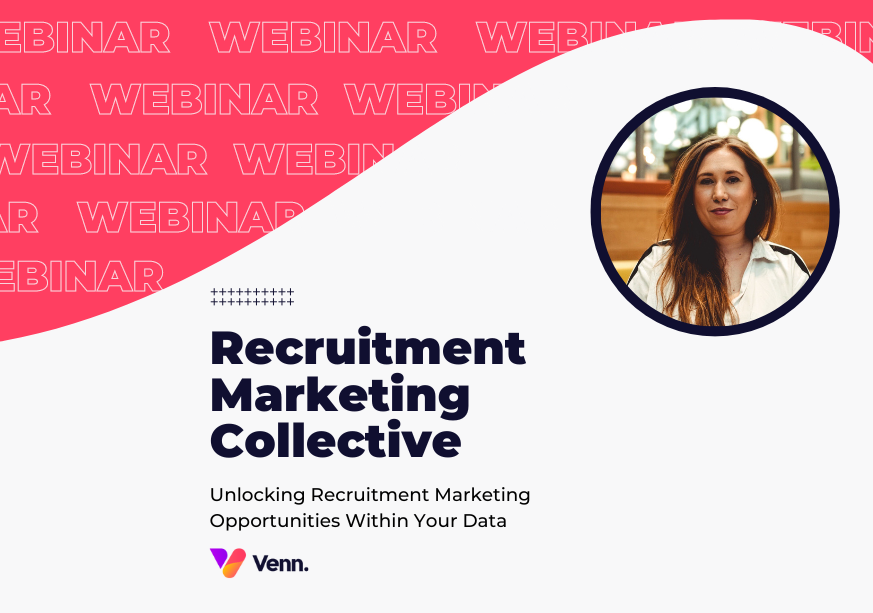
As marketers, our job is about communication. It’s about sharing a message with loyal and untouched audiences, giving people something that’s worth being interested or invested in.
Why is it then that agencies and consultancies in every language struggle to say the right things to clients? Instead of giving honest opinions or basing advice on knowledge and experience, marketers can be too quick to rush in and agree with a weak idea.
This usually happens with good intentions, such as not wanting to cause friction, but this attitude can only be harmful. People pleasing and a reluctance to say no can prevent the creation of something ground-breaking, something that matters.
“Can we help you?”
We’ve all seen terrible logos, clichéd names and companies that are in the midst of an identity crisis. Sure, this client may have come to you for a new website, some fresh content or campaign ideas, but what about the brand itself?
If you have the capacity, why not offer to update the brand, work with their internal team and design something fresh that is more reflective of their personality? With this, you can create branding documents, internal tone of voice guidelines and supporting content to ensure everything they do externally is consistent with this new brand.
Because we don’t speak up, we can get pigeonholed. Sometimes, clients are only aware of what they were looking for or sold, not everything that an agency can offer, so we need to shout about everything we can do. If a company is finding the people they call aren’t converting, we could help with an updated script. If a client is going for awards, we can support them by proofing the submission and creating a strategy in the run up to the event.
Agencies’ relationships with clients may be cemented on a contract, but good marketing has to be more fluid than a fixed, signed document. In this field, we should become partners with our clients, doing everything we can to grow their business and produce the best work, together.
“What do you want?”
‘Awareness?’ ok, we’ll have to do something that makes you stand out. ‘It’s all about revenue’ no worries, we’ll create content that is focused on finding quality leads.
If you ask the question, make sure you’re listening. Do they want leads, do they want to raise their profile or do they want links on authoritative sites?
Before anything happens with the campaign, you need to make sure the entire team is clear on the client’s goals and the best way to get the right results. It’s key that marketers keep checking with the client, asking questions such as ‘do you like this?’ ‘Are you happy with the strategy?’ And, most importantly, ‘is [insert goal] still want you want?’
With research, testing and updates that tackle main conversion points, marketers should be able to prove that they’re adding value and delivering on the goals set by clients. When you’re both working towards the same goals, you’ll know you’ve done a good job when it’s time to go home.
“Have you got more money?”
Uh, it made me cringe just writing that, but it’s got to be done. There are some companies that have small turnovers and restricted budgets, and that’s fine, but there are others that have millions of pounds at their disposal and still only spare a slither for their marketing efforts.
A smaller budget means we can’t do as much. It means choosing between services. Between paid ads or a refreshed homepage. Between an integrated campaign and a half-cut one. Between really going for it and compromise.
We shouldn’t be compromising.
If we can do something better for a client’s customers, then we should be asking for that extra money. Dream big with a client, pitch in your ideal scenario for a campaign and back it up with similar work out there and how successful that’s been. If you show a client a gold-plated idea, they’re more likely to spare the extra change.
Be brave and they’ll thank you in the long run. The worst that can happen is a regret-filled no, and, in my opinion, this is a word both sides don’t say enough.
“No.”
This is the big one for me. This is where our people pleasing crosses over into the dangerous territory of having a negative impact on the work we create and the people we create it for.
We’re afraid of the word no and we shouldn’t be. Sometimes the customer is wrong. Well, not wrong, but not right in their ideas either. Suggestions such as ‘we could recreate [insert generic idea that’s been done hundreds of times before]’ or statements like ‘we don’t want to be too outspoken’ can puncture creativity like a slashed balloon. If you accept this, it will leave you rushing around trying to salvage something, anything out of a project.
People don’t want to read another sales guide, so they won’t. The Guardian won’t share your piece of content if it’s full of sales messaging and branded images. Instead of attempting to secure unrealistic results for a client, we have to say no or—at the very least—manage their expectations.
If you feel that a client wants to take a campaign in a direction that could compromise its chances, then you need to say no. You trust clients with the expertise they have in their industry, so you have to hope that they’ll trust your judgement and experience. That they’re already working with you should count for something.
Being afraid to say no can only backfire. Clients won’t stick around if you can’t show that you’re producing successful work and most actually prefer a consultative approach where you’re brave enough to challenge ideas. If you only ever say yes, you’re only a resource and not a partner.
Don’t be afraid to stick your head above the parapet, as long as you can prove that you know what works and can back your ideas and objections up with reasons.
Flickr Creative Commons Image: Kevin Thai






